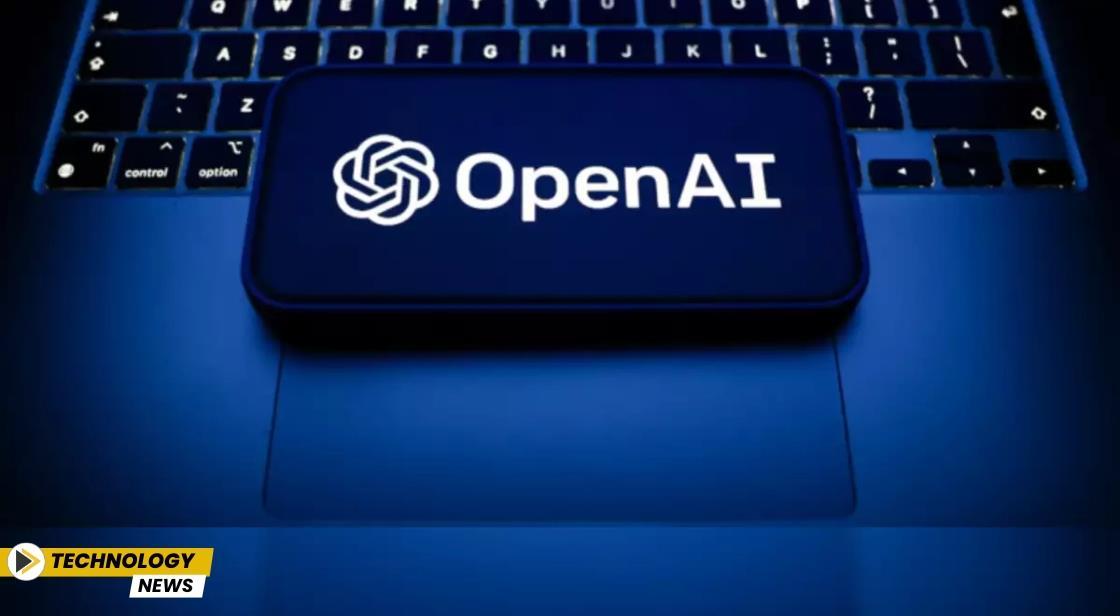Sam Altman Issues Privacy Alert for ChatGPT Users: Details Inside

News Synopsis
In a recent revelation that’s stirred the tech world, OpenAI CEO Sam Altman has issued a significant privacy warning for users of ChatGPT. Speaking on the popular podcast This Past Weekend w/ Theo Von, Altman urged users to refrain from disclosing highly personal or sensitive information during their interactions with the AI chatbot.
“People talk about the most personal sh** in their lives to ChatGPT. People use it — young people, especially, use it — as a therapist, a life coach; having these relationship problems and [asking] ‘what should I do?’ And right now, if you talk to a therapist or a lawyer or a doctor about those problems, there’s legal privilege for it. There’s doctor-patient confidentiality, there’s legal confidentiality, whatever. And we haven’t figured that out yet for when you talk to ChatGPT,” said OpenAI CEO Sam Altman.
AI Chatbots as Digital Confidants: A Growing Trend
Why Users Are Turning to AI for Emotional Support
Millions globally now rely on AI chatbots like ChatGPT not just for writing assistance or coding help, but also for emotional guidance, mental health support, and even relationship advice. These platforms have increasingly become trusted digital companions—especially among younger generations.
However, Altman’s latest statement raises red flags about the limits of this trust.
No Legal Protection for AI Conversations Yet
AI vs. Human Professionals: A Legal Divide
In contrast to doctors, lawyers, or therapists, who operate under strict confidentiality laws, ChatGPT and similar platforms offer no legal privilege. This means that anything shared with the AI tool could potentially be used as evidence in legal proceedings.
“I think that’s very screwed up. I think we should have the same concept of privacy for your conversations with AI that we do with a therapist or whatever — and no one had to think about that even a year ago,” Altman added during the podcast.
What OpenAI’s Privacy Policy Says
Data Could Be Shared Under Certain Conditions
According to OpenAI’s official documentation, user data—including chat records and personal information—may be shared with third parties or government authorities to comply with legal obligations or prevent liability. While this is standard practice for many platforms, it contradicts the assumption that AI conversations are entirely private.
What Should ChatGPT Users Do Now?
Exercise Caution with Personal Data
Until new legal frameworks are introduced, users are strongly advised to limit sensitive disclosures while interacting with AI chatbots such as ChatGPT, Google Gemini, or Perplexity AI.
Legislative and Ethical Debate Brewing
Experts anticipate that the issue will gain momentum as policymakers and tech leaders grapple with balancing privacy, innovation, and ethics in the age of AI.
The hope is that regulatory frameworks will eventually compel AI companies to establish legal protections for users, similar to those found in healthcare and legal industries.
Conclusion
Sam Altman's candid warning is a timely reminder of the legal grey areas surrounding AI communication. While AI chatbots offer revolutionary access to information and emotional support, they are not yet bound by the legal confidentiality we expect from human professionals. As AI usage becomes more ingrained in daily life, users must remain vigilant about what they share. Until lawmakers catch up with technological progress, discretion remains the best defense.
You May Like









